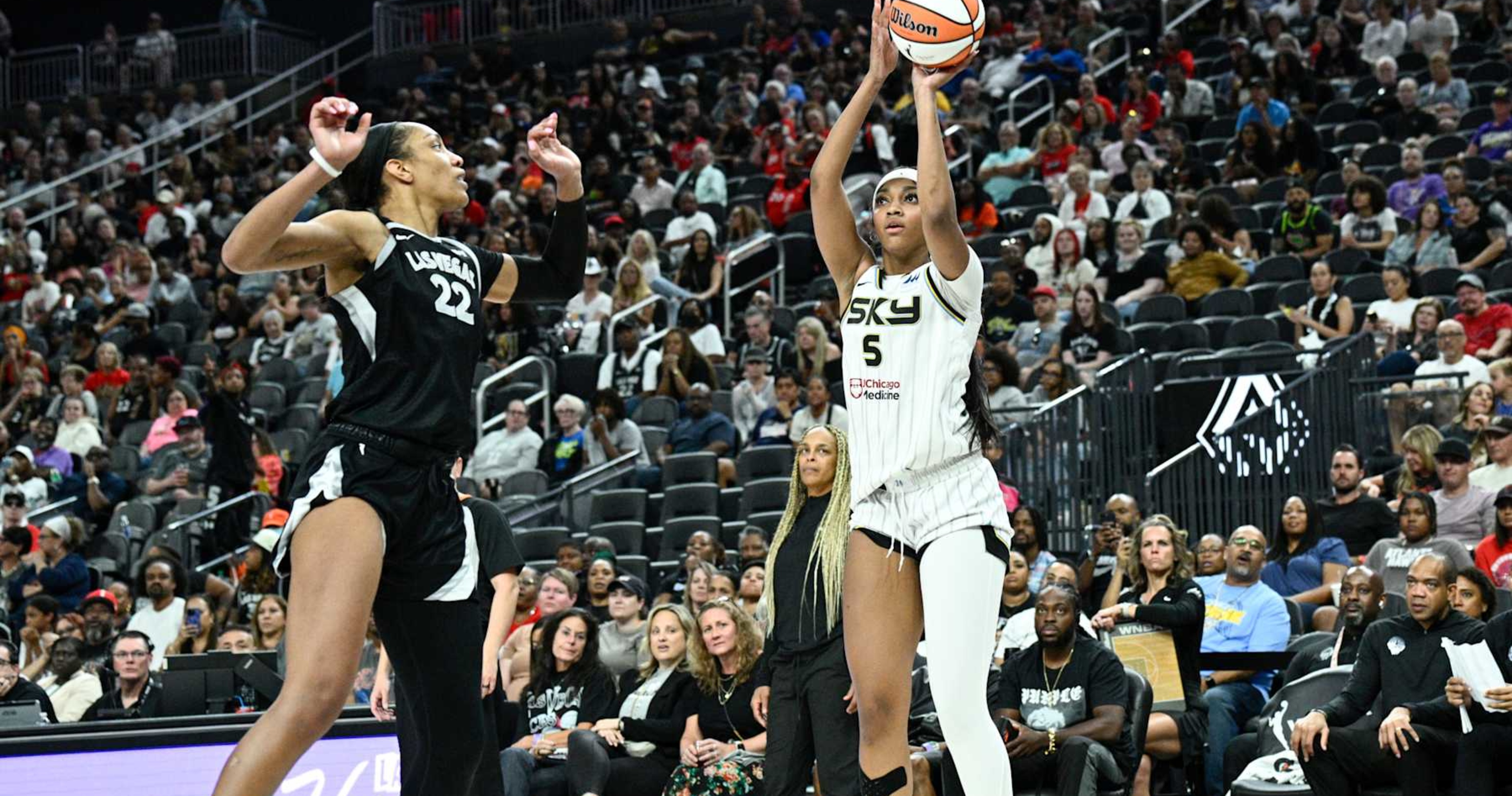Caitlin Clark, a standout Iowa Hawkeye women's basketball player, has recently faced concerning stalking threats, prompting her to modify her public appearances. In the past, Clark's interactions with fans have been overwhelmingly positive, but a small number of individuals have crossed the line, leaving her feeling unsafe.
The threats against Clark have taken various forms, including:
- Inappropriate messages on social media
- Obsessive fan behavior at games
- Unwelcome contact at public events
These threats have escalated to the point where Clark has consulted with law enforcement and security officials. As a result, she has decided to limit her public engagements to ensure her safety.
The stalking threats have deeply affected Clark. She has expressed concerns about her well-being and the well-being of her family. The constant fear has made her hesitant to attend public events and engage with fans as freely as she once did.
Most fans of Caitlin Clark are horrified by the threats she has faced. They recognize that her safety should be the top priority and support her decision to adjust her public engagements. However, some fans have expressed disappointment that they will not have as many opportunities to interact with her.
Law enforcement officials are taking the threats against Clark very seriously. They have increased patrols at games and public events where she is scheduled to appear. The FBI has also been consulted to provide assistance.
Stalking is a serious crime with severe consequences. Individuals convicted of stalking can face prison sentences and fines. In addition, protective orders can be issued to prevent contact between the stalker and the victim.
Stalking is often driven by psychological issues such as obsession, possessiveness, and a lack of boundaries. It is important to address the mental health of stalkers as part of any effort to prevent and respond to these threats.
Caitlin Clark's case is not an isolated incident. Stalking is a widespread problem in the United States. According to the National Crime Victimization Survey, approximately 7.5 million people over the age of 18 experience stalking each year.
The case of Caitlin Clark highlights the importance of taking stalking threats seriously. It is essential for individuals, law enforcement, and the criminal justice system to work together to prevent and respond to these threats.
Caitlin Clark's stalking threats are a reminder that even the most well-liked and admired public figures can be vulnerable to these insidious attempts at intimidation and control. The public has a responsibility to condemn these threats and support those who are targeted. Law enforcement and mental health professionals must work together to prevent and respond to stalking, while individuals need to be aware of these threats and seek help if they are experiencing them.
Read also:
The Unlikely Court That Forged Kobe Bryant's NBA Destiny
Rihanna's Magic Touch: Transforming Crocs Into Coveted Runway Staples

